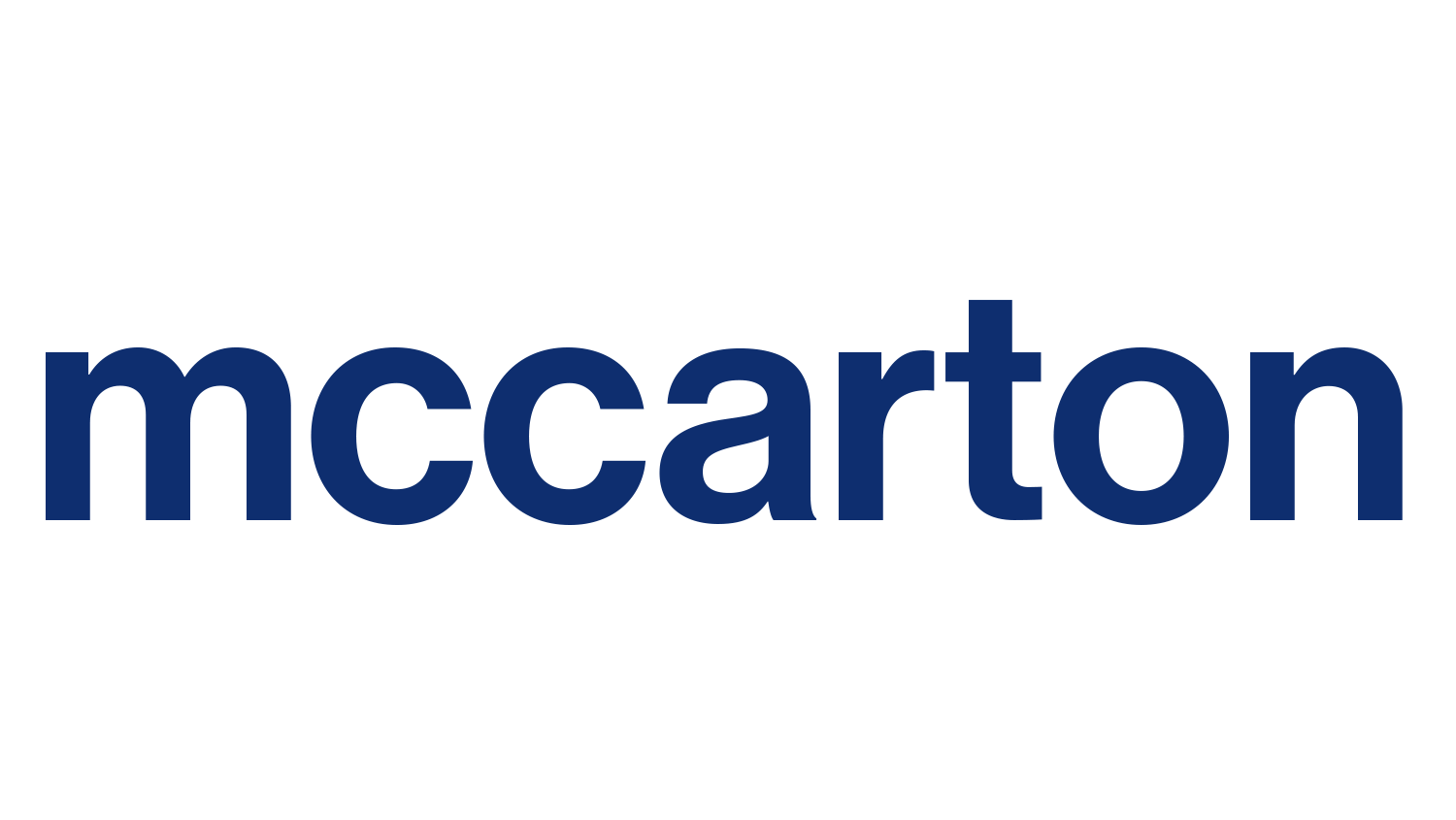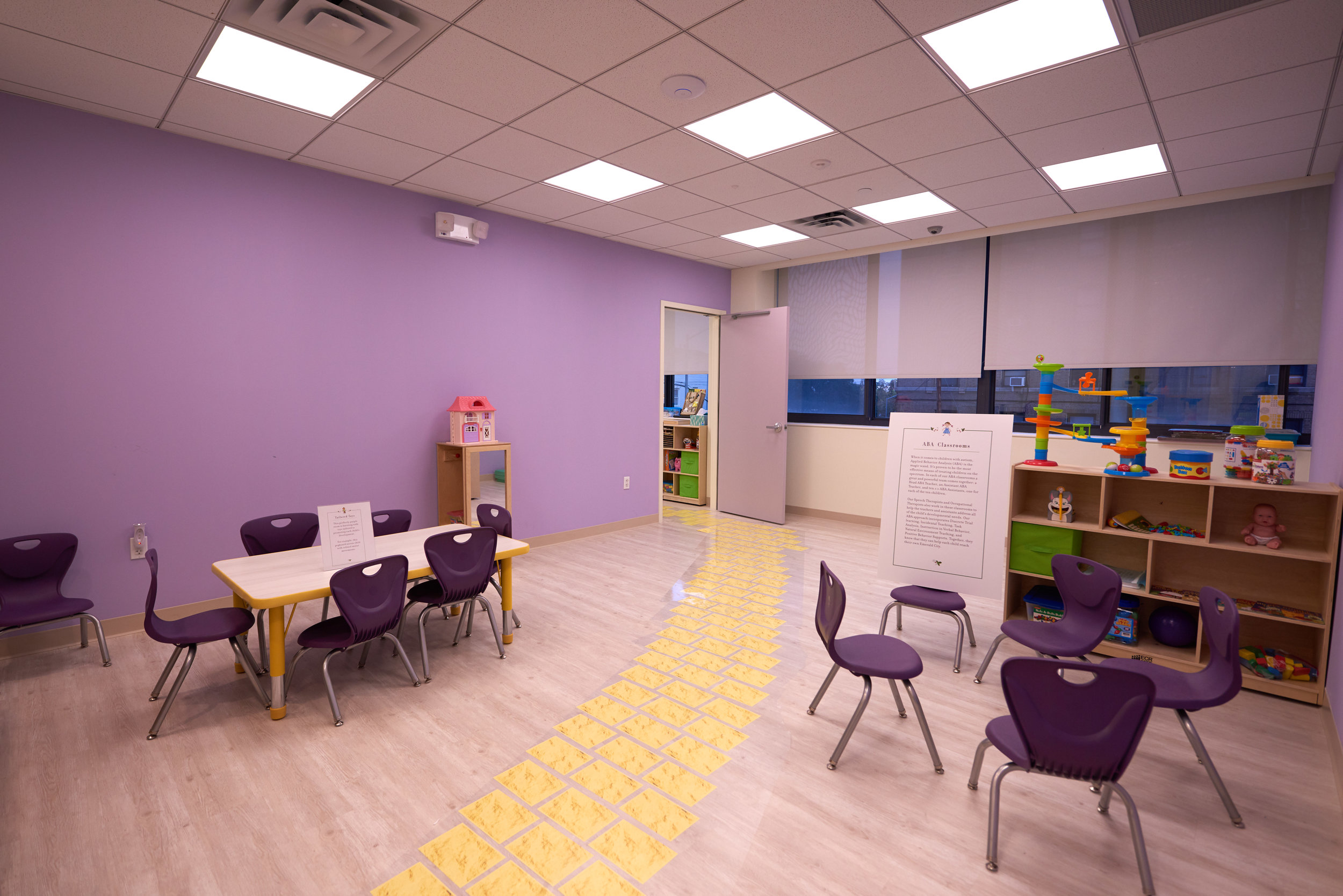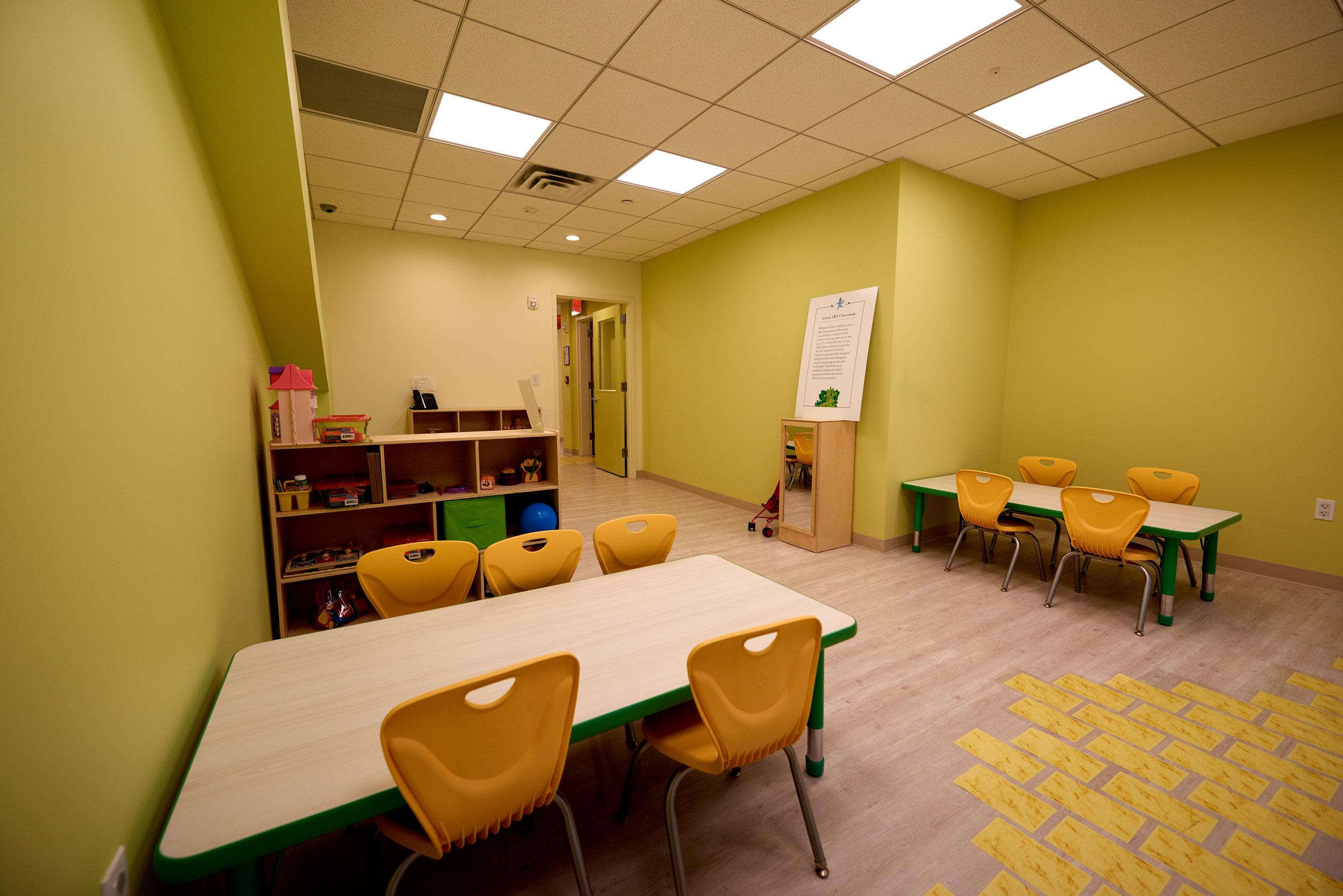Applied Behavior Analysis
ABA Method
Applied Behavior Analysis (ABA) is an evidenced based therapy that is based on the science of behavior and learning. ABA therapy focuses on teaching socially significant behaviors that help children learn a variety of skills based on the child’s needs. Each child who is eligible for ABA services will have an individualized curriculum created by his or her therapist that addresses the targeted outcomes of the child’s Individualized Family Service Plan (IFSP). The child’s ABA curriculum is highly individualized based on the child’s current levels of performance in the areas of daily livings skills, communication, cognition, social skills, play skills, and self-management. Instructional strategies utilized during sessions are dependent on the skill being taught and the child’s response to instruction. Some of the instructional strategies that we use include:
Discrete Trial Training
Incidental Teaching
Task Analysis
Instruction in Verbal Behavior
Natural Environment Teaching
Positive Behavior Supports
Our therapists work closely with family members and the child’s other providers to ensure that the child is generalizing the skills that are taught during therapy sessions. Parents are taught different strategies through embedded coaching to improve their own strategies that they use with their child. Therapists collect data throughout the session to determine if a child has met their goals, to determine if a different instructional strategy is needed if a child is not progressing, and to track overall progress.
At McCarton Center, Bronx, we provide ABA services to children 0 - 3 years of age through New York City Early Intervention at no cost to the family. Approved programs include:
Home-Based Therapy
Center-Based Therapy
Combination of Center-Based and Home-Based Therapy
The Early Intervention Program (EIP) is a public program for infants and toddlers with special needs. Children with diagnosed conditions that lead to developmental delays (such as Down syndrome, cerebral palsy, autism, etc.) are eligible for the EIP. Children with no diagnosis who have delays in development may be eligible for the EIP if their delays are serious enough. If you have concerns about your child’s development, you can call the Early Intervention Program in your area to refer your child (if you live in New York City call 311, in Nassau County call 516.227.8661, and in Suffolk County call 631.853.3100). Someone else can help you make the referral to the Early Intervention Program if you wish. If your child is found to be eligible for services by someone approved to perform this evaluation, you, your county’s staff representative, and other team members will make a plan to help your child – and your family. Early Intervention services in your IFSP authorized by your county are provided at no cost to you. Your county will arrange for the services to be provided and will choose the provider based on the needs of your child and family. Your child’s health insurance may be used to cover some of the costs. All other costs for EIP services are paid for by your county and New York State. Early intervention services are provided where it’s best for your child – in places such as your home, day care, or other community settings. The EIP covers the cost of early intervention services only. The EIP does not pay for the day care or other fees charged by community settings.






